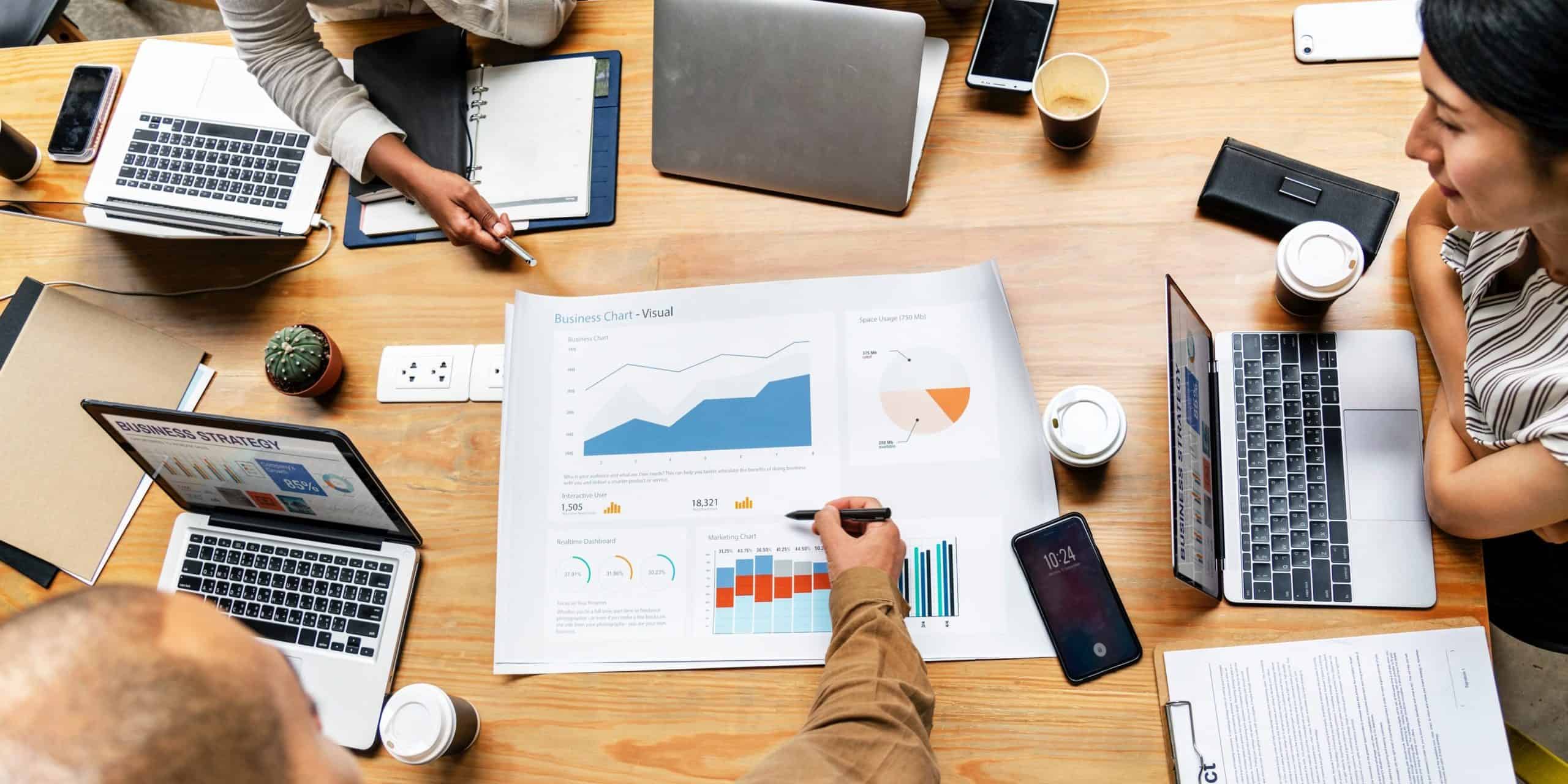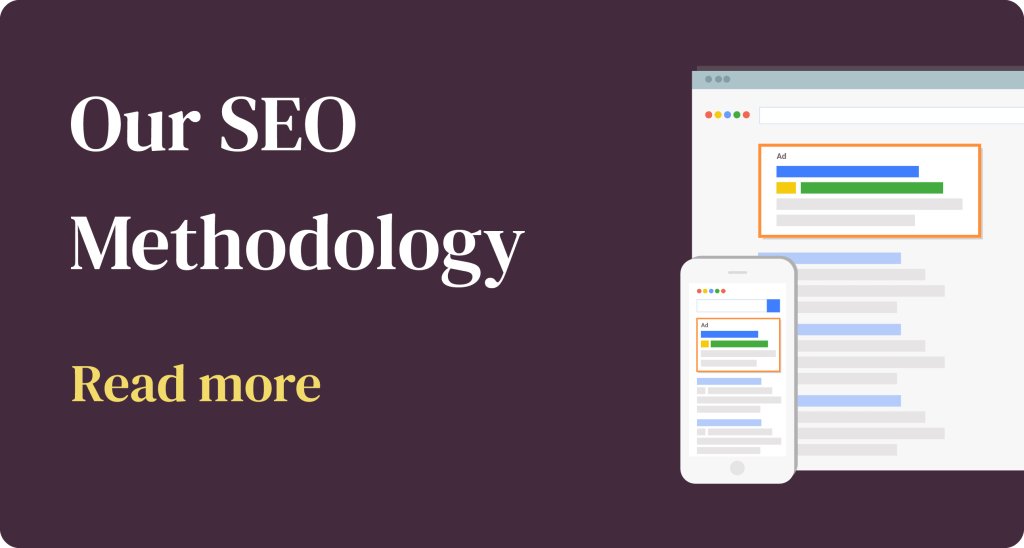
Maximise every cent of your PPC spend with an optimised landing page
What is a landing page?
A landing page refers to a webpage that is specifically designed for conversion – converting prospective customers into qualified leads or actual sales. It is designed with a commercial intent. It encourages prospective customers who lands on your webpage, to take the desired action.
Having an optimised landing page is critical to the success of your paid search strategy. When developing the page, have you consider the following:
- Is your copy clear and concise that communicates your value?
- Are your customers’ pain points clearly communicated?
- Are there prominent call-to-actions that encourage prospects to take an action easily, without getting distracted or confused?
- Is there social proof to build credibility with your brand?
- Is there any sense of urgency?
What's the difference between a website and a landing page? Do I need a landing page?
A website is a collection of multiple, related web pages that speaks about your product or business. The sole intention is to provide prospective customers all relevant information they may need to make a purchase decision.
Whereas, a landing page is a standalone webpage that is specifically designed to drive sales opportunities. It may be a standalone webpage, or as part of your website. The sole intention is to nurture leads and drive sales.
When you work with us, we will assess if your page is optimised for conversions. In some cases, we build landing page to optimise your SEM campaign. If we determine that it is not required, we improve certain aspects of your webpage (e.g. content optimisation) that we are driving the paid traffic to, so it scores a higher chance for conversions.
What is conversion rate optimisation? What's the difference between PPC and Online Media Buy?
Conversion rate optimisation refers to the process of maximising every cent of your ad spend.
In a PPC Campaign:
- You are paying for an expert that is responsible for making strategic decisions and executing changes to your conversion funnel.
- It requires constant, active, regular monitoring and changes to budget allocation, bids, ad copy, and other targeting metrics.
- It involves optimising content on your landing page, as well as split tests to evaluate what works and does not work. Sometimes, it involves design changes.
- The key objective is to optimise your conversion rate performance.
- Key campaign performance indicators are leads or sales.
In an Online Media Buy Campaign:
- You are paying for an expert to achieve the best possible results for driving brand, service or product awareness / impressions for your ad budget.
- Upon setting the ad budget, no changes are made to the ad campaign till it is time to buy the next batch of media (e.g. on a monthly basis).
- You are responsible for your own landing page conversion.
- Key campaign performance indicators are number of clicks, bounce rate, engagement rate, and audience reach.
At NightOwl, our campaigns are conversion driven. When we run an PPC campaign, within a week, we analyse the conversion rate and other data insights captured on your landing page. From there, we will determine whether to stop, refine, or scale the campaign. We trim the low performers, optimise performing ads, and conduct split tests to determine which path to conversion works best for your audience.
This means that, in a scenario whereby $200 ad budget was spent and there is no leads, we cut the budget immediately. We troubleshoot, refine and make changes, run the next $200 till we proved the conversion funnel to be profitable and scalable. This gets you maximise value for your budget spent.
This is unlike a Media Buy campaign, where monthly ad budget is exhausted before campaign analysis and refinements are done for conducting the next batch of media buy.
